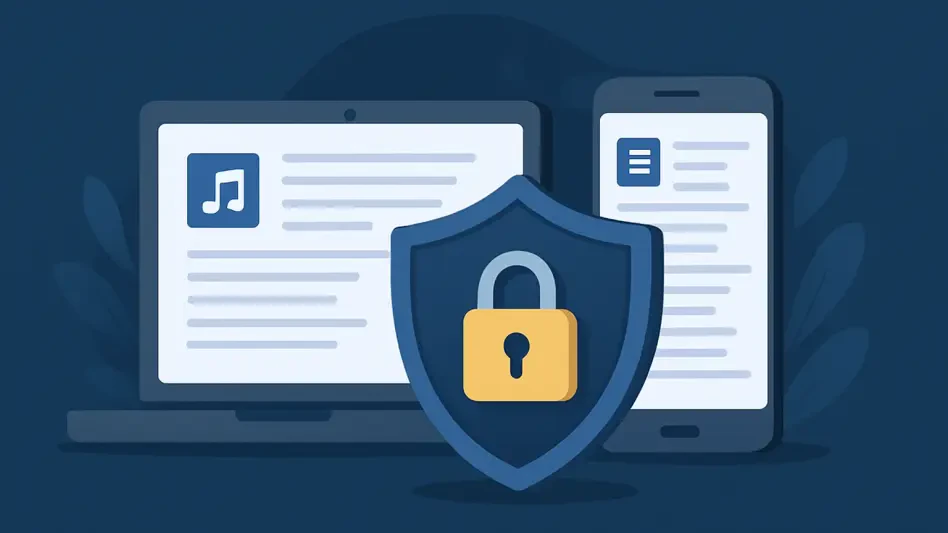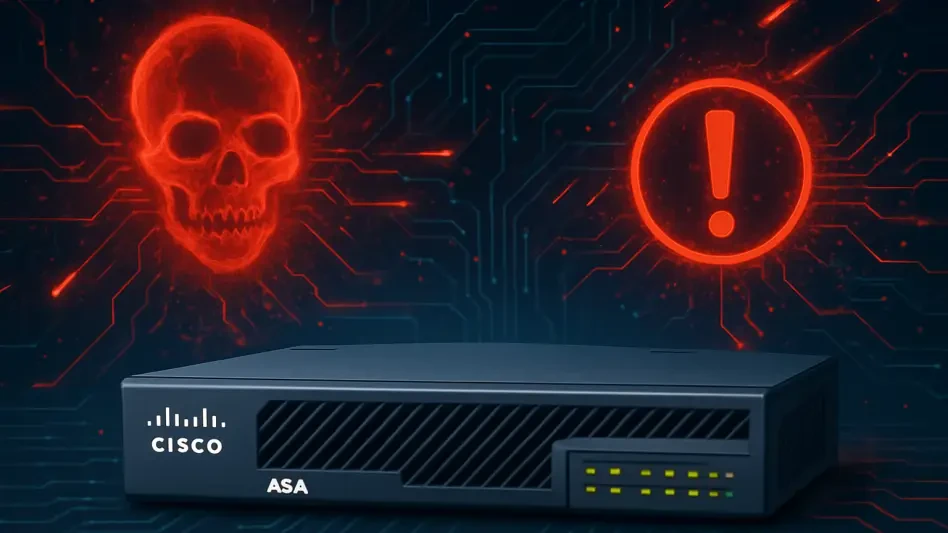In a disturbing development within the cybersecurity landscape, a sophisticated malware campaign named “GrassCall” has been designed to exploit job seekers. This campaign, orchestrated by the notorious threat group Crazy Evil, has been actively deceiving individuals since early 2025 through fake job listings on popular platforms like LinkedIn and CryptoJobsList. The primary tactic involves luring job seekers into video interviews for ostensibly legitimate positions and then convincing them to download a purportedly specialized video conferencing software called “GrassCall,” which, in truth, is a malicious program.
Malware Deployment and Evasion Tactics
Targeting Windows and macOS Users
Upon enticing potential victims with false pretenses, the GrassCall malware deploys various payloads depending on the operating system. Windows users encounter a tailored infostealer variant, while those on macOS face the AMOS Stealer strain. Both types of malware are designed to exfiltrate an array of sensitive data, including authentication cookies, browser credentials, cryptocurrency wallet information, and other personal details. The theft of this data can result in severe consequences, like identity theft and significant financial losses, impacting the victims on both personal and economic levels.
What makes GrassCall particularly insidious is its sophisticated evasion techniques, enabling it to slip past detection mechanisms and continue communicating with its command and control servers surreptitiously. These techniques ensure that the malware can operate undetected for extended periods, increasing the likelihood of successful data exfiltration. Recently, cybercriminals behind this campaign rebranded their malicious software as “VibeCall,” indicating that the operation is ongoing and continuously evolving to enhance its efficacy and avoid cybersecurity defenses.
Evasion Strategies and Persistence Mechanisms
GrassCall uses advanced persistence mechanisms to ensure its longevity on infected systems. On Windows, the malware creates registry entries at execution, guaranteeing that it starts automatically whenever the system restarts. Further, it employs PowerShell scripts, which are vital in disabling security features and extracting credentials from popular browsers such as Chrome, Firefox, and Edge. These scripts play a crucial role in maintaining the malware’s presence and functioning, circumventing standard protective measures.
Similarly, on macOS, GrassCall leverages AppleScript to bypass the built-in Gatekeeper protections, designed to safeguard users from running unauthorized applications. By exploiting these mechanisms, the malware can establish enduring control over compromised systems, increasing the chances of prolonged data theft without immediate detection. The use of such sophisticated techniques underscores the advanced nature of this malware campaign and highlights the need for robust cybersecurity defenses to counter such threats effectively.
Protection Against GrassCall
Security Awareness and Best Practices
Given the alarming capabilities of the GrassCall malware, it is imperative for job seekers to exercise heightened caution when responding to unsolicited job offers, especially those that necessitate software downloads. Staying informed about the latest threat intelligence and participating in comprehensive security awareness training can significantly reduce the risk of falling victim to such deceptive tactics. Job seekers should be wary of requests to download unfamiliar software and prioritize verifying the authenticity of job listings and offers through independent channels.
Organizations, too, play a crucial role in safeguarding their members and employees. Implementing robust cybersecurity measures, such as endpoint protection solutions and regular security training, can go a long way in mitigating the risks posed by threats like GrassCall. Companies should enforce strict policies around software downloads and ensure that their security teams are equipped to identify and respond to sophisticated malware campaigns. By fostering a culture of vigilance and proactive defense, organizations can significantly enhance their overall security posture.
Enhancing Cybersecurity Measures
Cybersecurity firm Symantec has developed multiple protection strategies specifically aimed at countering the GrassCall malware. Utilizing Carbon Black-based protection policies, they effectively block various categories of malware, including those targeting job seekers. These solutions incorporate delayed execution features that rely on cloud scanning capabilities to identify and block malicious components, ensuring that threats are neutralized before causing damage. Such advanced protection measures are instrumental in defending against evolving threats like GrassCall.
Broadcom’s cybersecurity analysts emphasize the importance of employing file-based and web-based protections to thwart initial infections and subsequent communication with command and control servers. By blocking these critical stages, cybersecurity solutions can prevent malware from establishing a foothold on targeted systems. Organizations should prioritize investing in robust cybersecurity infrastructure, maintain up-to-date threat intelligence, and ensure that their security teams are well-versed in identifying and countering sophisticated malware campaigns. This proactive approach is essential in today’s complex threat landscape.
Future Considerations and Next Steps
Vigilance and Continuous Improvement
The evolving nature of cyber threats, as evidenced by the persistence and adaptability of campaigns like GrassCall, underscores the necessity for ongoing vigilance and continuous improvement of cybersecurity strategies. Job seekers must remain vigilant and skeptical of unsolicited job offers, particularly those involving software downloads. Verifying the legitimacy of job listings through trusted platforms and avoiding the download of unfamiliar software can substantially reduce the risk of falling prey to such schemes.
Organizations must also remain proactive, ensuring that their security measures are consistently updated to address emerging threats. Regularly updating threat intelligence and conducting routine security audits can help identify vulnerabilities and rectify them before they are exploited by malicious actors. Additionally, fostering a culture of security awareness and encouraging employees to report suspicious activities can enhance the collective defensive capabilities of an organization.
Adapting to Emerging Threats
The pervasive and evolving nature of cyber threats posed by sophisticated malware campaigns like GrassCall highlights the necessity for ongoing vigilance and adaptive cybersecurity strategies. Job seekers must exercise caution and verify the authenticity of job offers and software downloads to minimize the risk of falling prey to such schemes. By fostering a culture of security awareness and implementing robust and up-to-date defenses, organizations and individuals can better protect themselves against these evolving threats.







